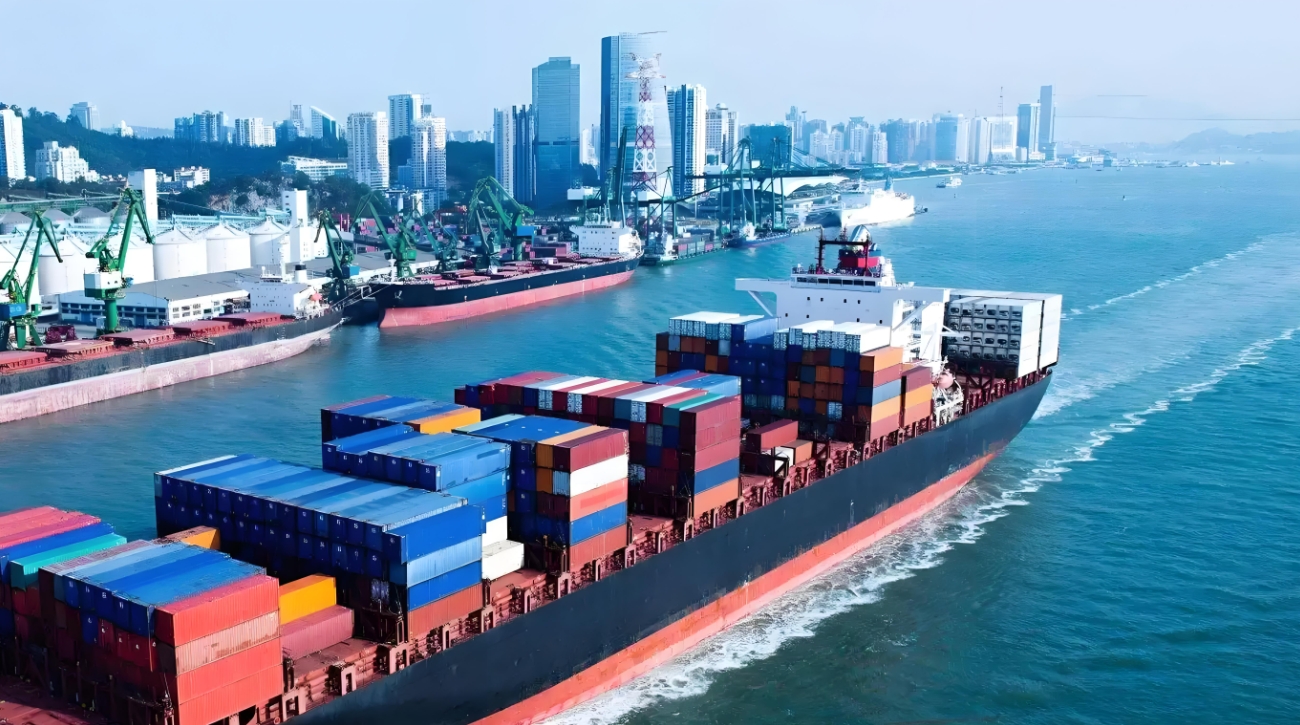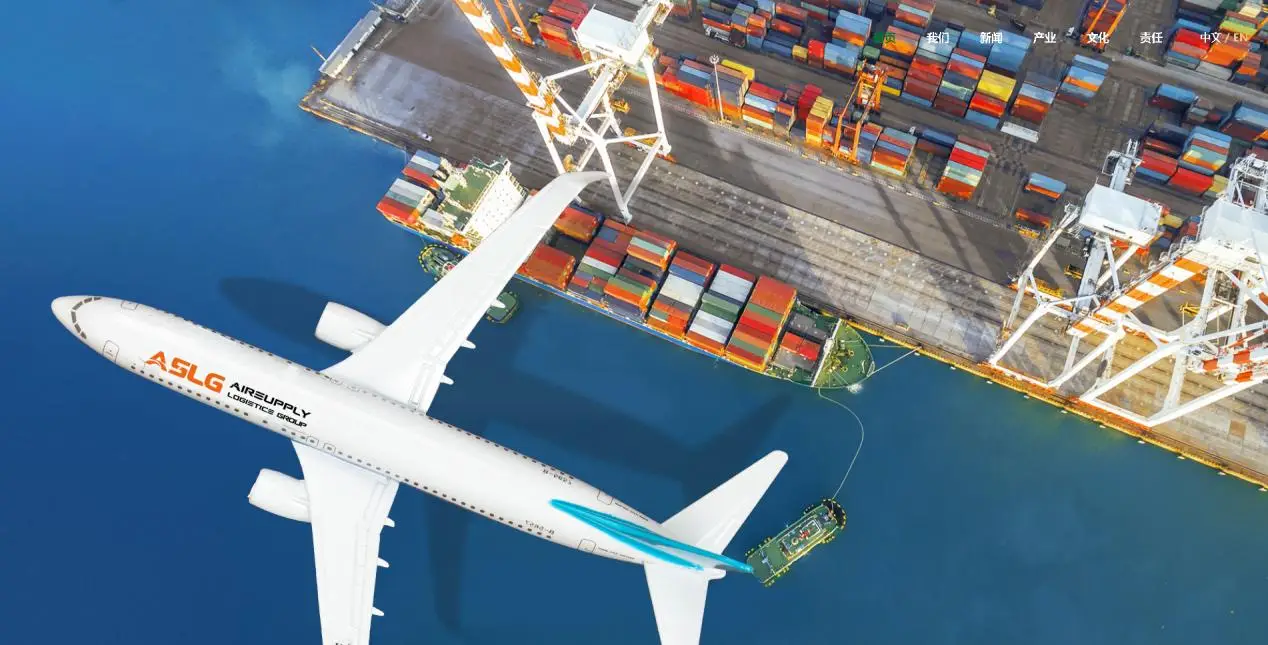How To Transport Building Materials From China
With the development of the global construction industry, more and more companies and countries are choosing to import building materials from China, especially from countries such as UAE and Saudi Arabia. The transportation of building materials involves multiple core links, and this article will provide a detailed introduction on how to transport building materials from China.
To learn about UAE and Saudi Arabia transportation, please read: SHIPPING FROM CHINA TO SAUDI ARABIA and SHIPPING FROM CHINA TO UAE
Types and Characteristics of Building Materials
Building materials can be divided into the following categories, and the transportation requirements of each material are different:
- Steel: such as steel bars, steel plates, steel pipes, etc., have the characteristics of high strength and corrosion resistance, but are heavy.
- Cement: used for concrete production, easy to get wet, and need moisture-proof packaging.
- Wood: such as wooden boards, wooden beams, etc., light but easy to get wet and deform.
- Glass: such as architectural glass, curtain wall glass, etc., fragile, need special packaging.
- Stone: such as marble, granite, etc., heavy, need shockproof packaging.
- Ceramics: such as tiles, sanitary ware, etc., fragile, need shockproof packaging.
- Plastic products: such as PVC pipes, plastic sheets, etc., light but easy to deform.
Why Choose to Ship Building Materials from China
China is one of the world’s leading producers of building materials. Advantages of choosing to transport from China:
- Cost advantage: China’s building materials production costs are low and prices are competitive.
- Complete variety: China is one of the world’s largest producers of building materials, with a rich variety of products that can meet various construction needs.
- Reliable quality: China’s building materials production technology is mature and product quality is guaranteed.
- Perfect supply chain: China’s logistics and supply chain systems are well-developed and can provide efficient transportation services.
Ways to Ship Building Materials from China
The transportation of building materials is a complex process involving transportation, storage and delivery from the place of production to the final destination. Due to the wide variety of building materials, the transportation methods and requirements will vary according to the characteristics of different materials.
- Sea Freight: For bulk goods (such as steel, cement, etc.), ocean transportation is the most common and economical mode of transportation. The cost of long-distance transportation is low. Transportation by containers, bulk carriers, etc. can accommodate large quantities of goods.
- Air Freight: Air transport is the fastest mode of transportation and is generally used for construction materials in urgent need, especially small and expensive building accessories.
- Rail Freight: Due to the development of China-Europe railways, railway transportation is suitable for transportation in European countries. Its advantages are fast speed and relative stability, which is suitable for some urgently needed building materials.
Shipping Requirements for Building Materials
Each material has its own unique physical and chemical properties, such as weight, volume, fragility, moisture resistance, etc. These characteristics directly affect the choice of transportation method and packaging requirements
- Temperature and humidity control: Some building materials (such as wood, gypsum board, etc.) are sensitive to temperature and humidity, and proper temperature and humidity control needs to be ensured during transportation.
- Packaging and labeling: All building materials must be properly packaged before transportation to avoid damage caused by vibration or external factors during transportation. At the same time, the type, quantity, destination and other information of the material need to be clearly marked on the packaging.
- Weight and size: Since building materials are usually heavy, it is necessary to pay attention to the carrying capacity of the transportation vehicle and the size of the items to avoid overloading or improper transportation.
- Bulk shipping: Bulk goods (such as cement, sand and gravel, etc.) need to use professional bulk cargo holds, or be loaded by pallets or bags.
- Container shipping: Most building materials are loaded in standard containers. The goods need to be arranged reasonably in the container to avoid excessive gaps that cause displacement during transportation.
- Special packaging: For fragile items (such as glass, ceramics, etc.), protective materials such as foam and wooden boxes must be used for reinforced packaging to prevent damage.
Cost Structure of Shipping Construction Materials
The Shipping cost of construction materials usually includes the following parts:
- Transportation cost: the cost calculated according to the mode of transportation (sea, air, rail) and transportation distance.
- Loading and unloading fee: the cost of loading and unloading construction materials at the origin and destination.
- Insurance premium: in order to avoid damage or loss of materials during transportation, transportation companies usually provide cargo insurance services.
- Tariffs and taxes: different countries have different tariffs and other taxes on imported construction materials, which need to be understood and calculated in advance.
- Storage fee: if storage or stop is required during the journey, storage fees may be incurred.
Learn about shipping from China to other countries:
Middle East Orders Directly from China
Shipping from China to Nigeria
How to Avoid Common Problems During Shipping
Some common mistakes during transportation include:
- Focusing only on FOB terms and not EXW
- Letting suppliers handle logistics
- Not considering the supplier’s location
- Skipping shipping insurance
- Requesting warehouse delivery in advance
To avoid these problems, you can take the following measures:
- Choose a reputable logistics company and communicate with the freight forwarder regularly to understand the progress of the transportation.
- Ensure appropriate packaging, especially for fragile and expensive construction materials.
- Purchase cargo insurance to reduce potential losses.
- Plan the transportation route and time in advance to avoid delays caused by temporary changes.
How to Choose Reliable Freight Forwarder
When choosing a freight forwarding company, proceed through the following aspects:
- Qualification review: Check the company’s business license, transportation license and other qualifications.
- Experience evaluation: Understand the company’s transportation experience and successful cases.
- Service scope: Ensure that the company can provide comprehensive transportation services, including packaging, loading and unloading, customs clearance, etc.
- Price comparison: Understand the quality of service and choose a company with high cost performance.
- Professionalism: Choose a freight forwarding company that covers the entire range of services.
- Service quality: Understand the company’s service quality and customer reviews to ensure reliable service quality.
- Price transparency: Choose a freight forwarding company with transparent prices and no hidden fees to avoid cost overruns.
There are many factors to consider when transporting construction materials from China. By choosing the right shipping method and freight forwarding company, you can save costs and ensure a smooth transportation process.
 English
English 简体中文
简体中文 繁體中文
繁體中文 Afrikaans
Afrikaans አማርኛ
አማርኛ Español
Español العربية
العربية Français
Français Dansk
Dansk Български
Български Беларуская мова
Беларуская мова বাংলা
বাংলা Português
Português Русский
Русский Afsoomaali
Afsoomaali فارسی
فارسی Türkçe
Türkçe كوردی
كوردی Deutsch
Deutsch 日本語
日本語 ไทย
ไทย Tiếng Việt
Tiếng Việt Italiano
Italiano עִבְרִית
עִבְרִית 한국어
한국어 Română
Română Nederlands
Nederlands Bahasa Indonesia
Bahasa Indonesia Shona
Shona



